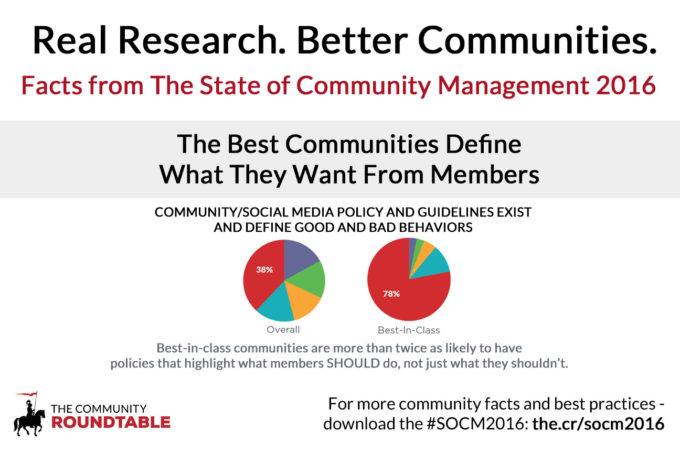Remote work saved many businesses during the last two years, and employees got used to flexible work schedules. So much so they don’t want to go back to the office. Yet many bosses are trying to order people “back to work”. How do you successfully navigate this new workplace landscape and make it work for your people AND your business? Join Mari Anne Snow to find out.
At her Remote Nation Institute, Mari Anne Snow is rewriting the rules of leadership in this new age of remote, distributed, virtual, flexible work. Her experience operationalizing and optimizing flexible work programs is practical, real-world, and results driven. Mari Anne’s latest book, The Remote Work Handbook outlines her practical, pragmatic approach to building and leading successful, resilient teams in today’s new, flexible workplace.

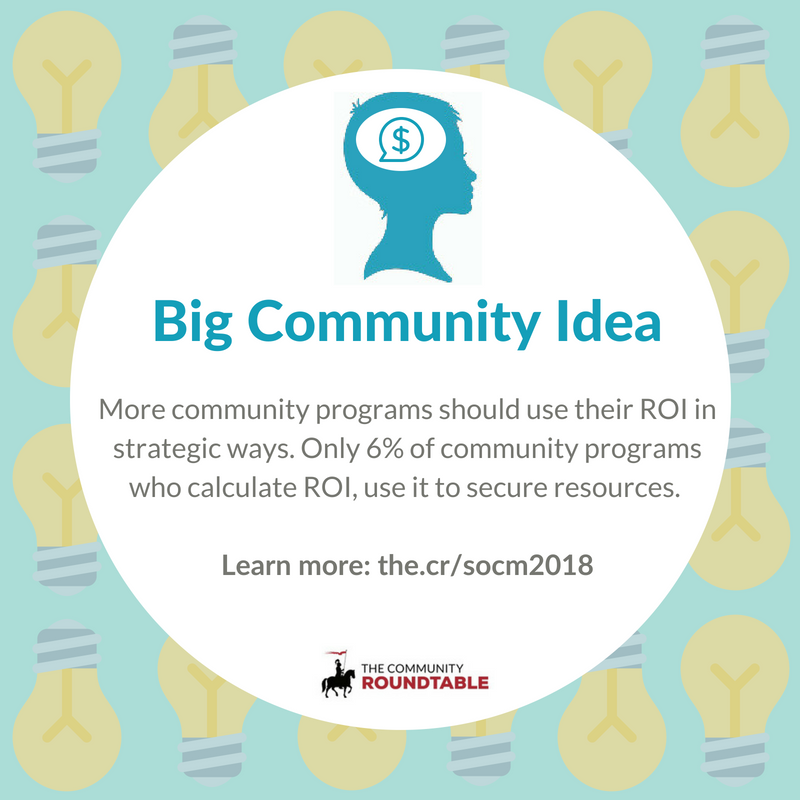


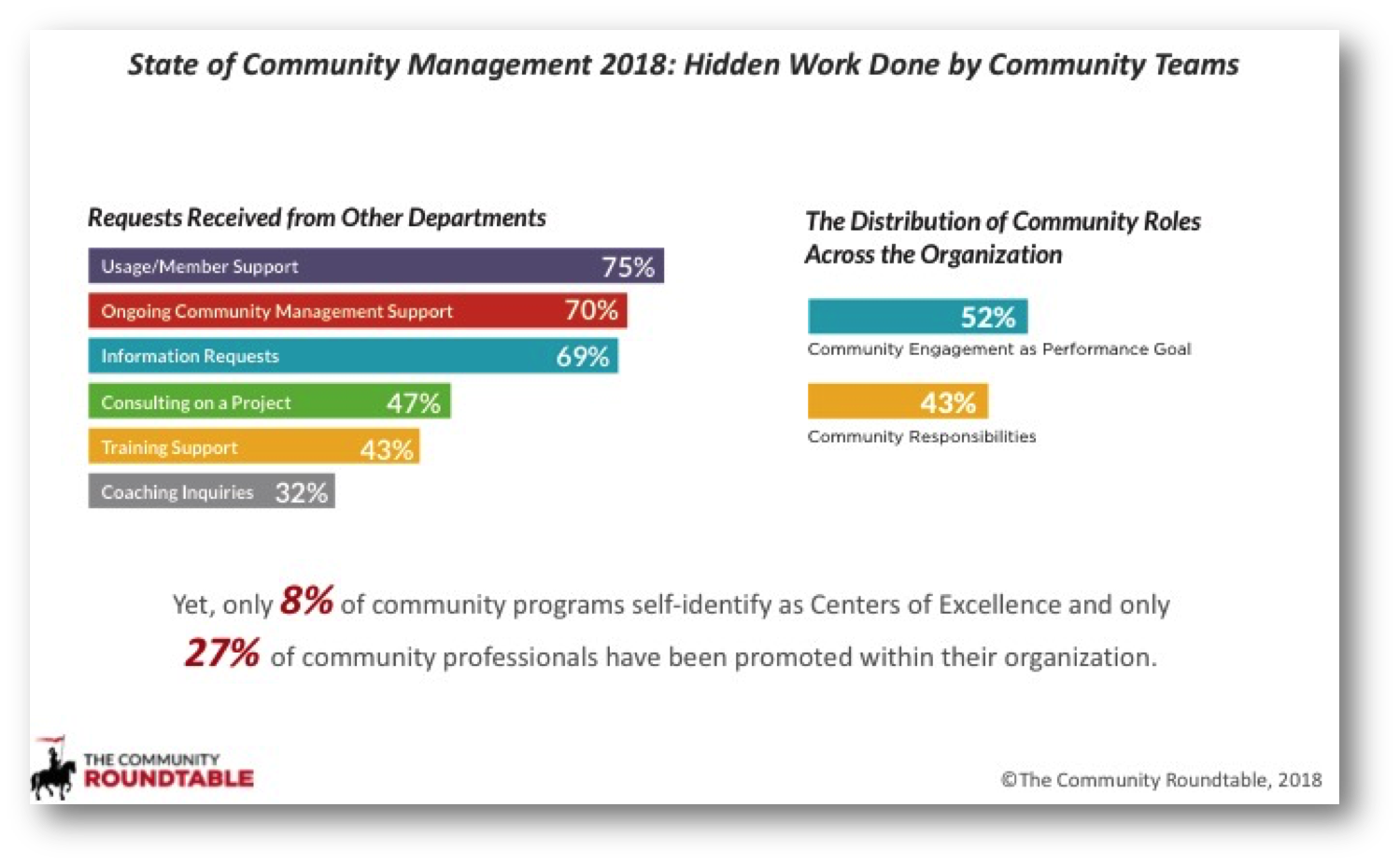
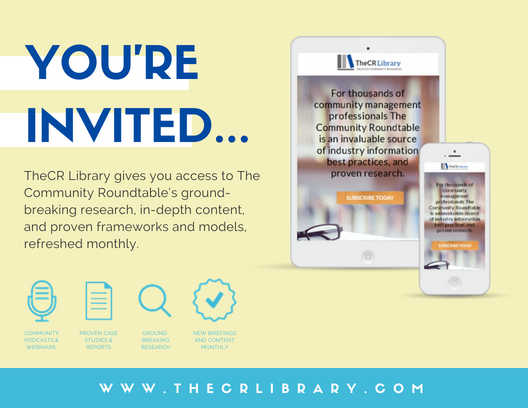

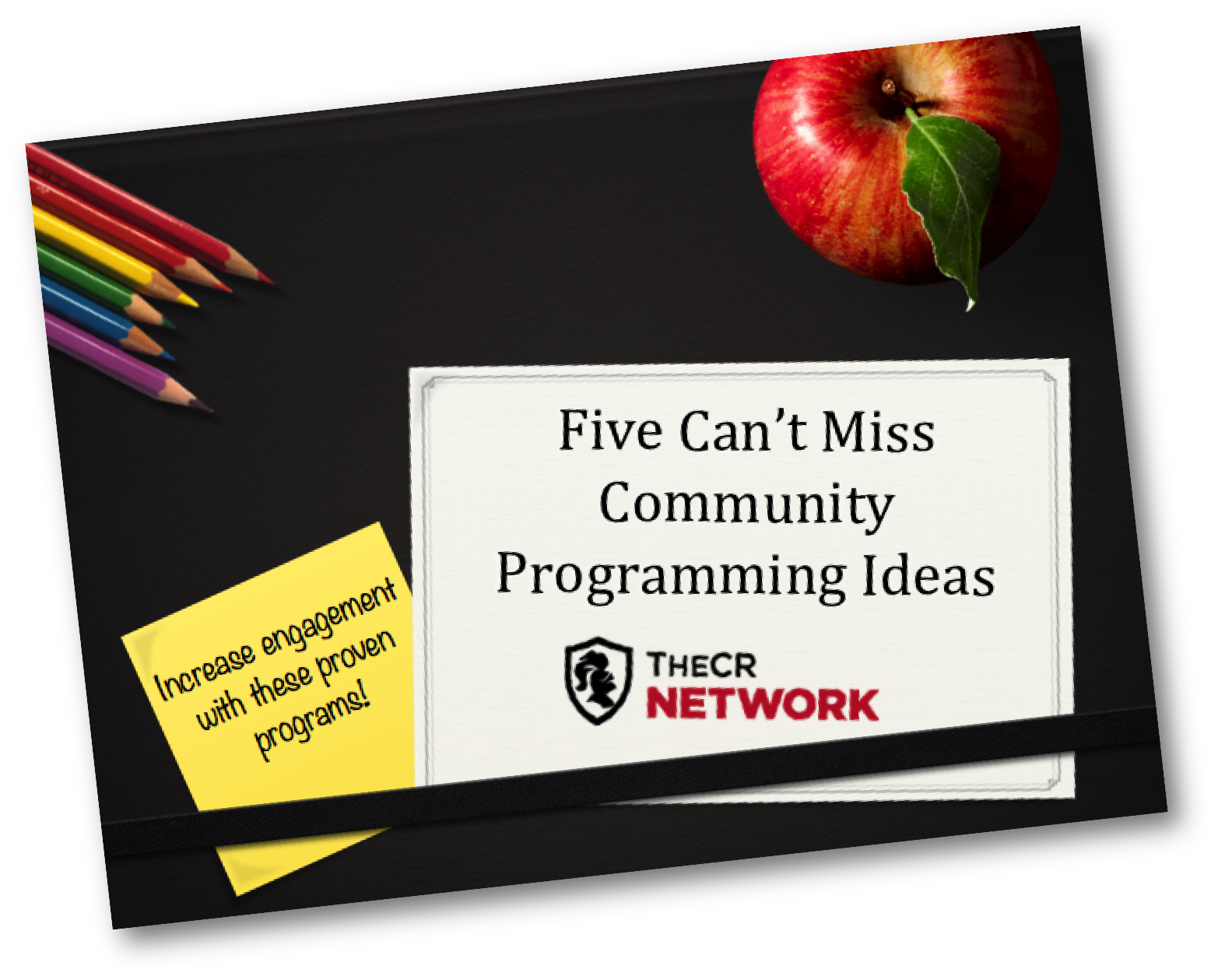


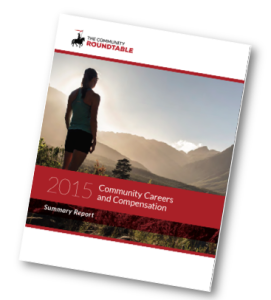
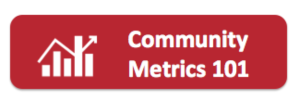


 Communities – and 6-year-olds – tend to function best when there is some defined sense of appropriate behaviors. But there’s a catch. Policies and guidelines shouldn’t just explain what you shouldn’t do – they should highlight what you should. Once again this year, our best-in-class communities drive this home. The best communities are more than twice as likely as the average to have policies and guidelines in place that don’t just define what shouldn’t be done, but guide members to the behaviors that benefit the community.
Communities – and 6-year-olds – tend to function best when there is some defined sense of appropriate behaviors. But there’s a catch. Policies and guidelines shouldn’t just explain what you shouldn’t do – they should highlight what you should. Once again this year, our best-in-class communities drive this home. The best communities are more than twice as likely as the average to have policies and guidelines in place that don’t just define what shouldn’t be done, but guide members to the behaviors that benefit the community.